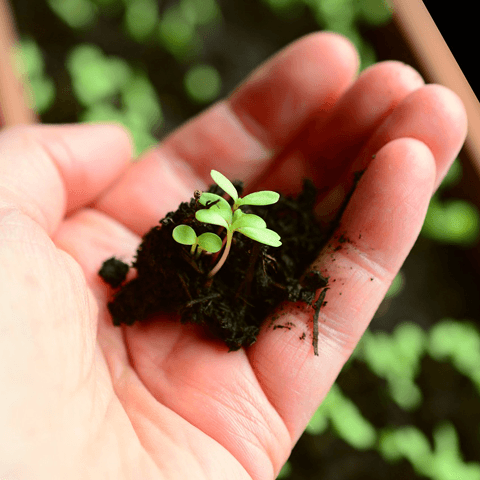
Self-Care While Grieving
Caring for a loved one with Alzheimer's or dementia can be all-consuming and any focus on self-care often shifts to ensuring our loved one’s needs are met first. It takes courage to ask for and accept help. Yet, asking for help is often a starting point on the journey of self-care. This care extends to our own healing as we grieve the loss of our loved one. The support of others, including Insight Memory Care Center, can be sustaining.
How do we care for ourselves when so much of our purpose and energy has been focused on meeting our loved one’s needs? It’s not easy, but necessary as we grieve. Grief impacts our whole selves, not just our feelings, but also our physical, mental, and social selves. This process can include many layers, while looking different from person to person. Let’s explore some possible acts of self-care.
Basic Needs
Beginning with our physical selves, it’s important to ensure that you’re meeting basic needs like eating, sleeping and following up on your own health care appointments. As a caregiver, you may have put your own needs on the backburner for a while. Seeking medical care or scheduling a check-up is a good starting point. Talk with your health care provider about any physical health concerns. You may also find your sleep cycle altered due to caregiving needs and it can take time for your body to adjust. If you're able, go for a walk or engage in physical activities that nurture your body. Connecting to the healing effects of nature can be helpful for some... maybe step outside and do some gardening. It’s natural to feel decreased energy or motivation while you’re grieving, so go easy on yourself and lower expectations as needed.
Mental Health
Our mental health is also an area that requires care. You may feel like you're in a bit of a fog, or even on autopilot as you tend to the different needs of early grief. It’s important to be patient with yourself as you manage the tasks often presented during this time. Making a list can be helpful as you cope with the to-dos. Even if you check off one or two items a week, that’s progress. Also consider creating space for pursuing a hobby or new activity. Be mindful of your own limitations and communicate your needs to others. Allow for flexibility as needed knowing that grief is not linear or orderly. Daily routines have changed, and it can take time to adjust to a new normal.
Emotional Health
Emotionally, the feelings associated with grief can be complicated and confusing. Your grief is unique, and your coping style is your own. Allowing yourself to sit with sadness and feel the many different emotions of grief is important. Finding healthy ways to express your feelings can help. Talking to others, crying, journaling, writing a letter to your loved one, practicing self-compassion, meditation, and creative expression just to name a few. If faith is important to you, then connecting to your spirituality can also be an act of self-care. Also consider seeking the support of a counselor if needed.
Social Network
Socially, you may have noticed some changes in your supportive network of friends/family throughout your time as caregivers. Identifying and reconnecting with supportive friends and loved ones can be helpful. Having the courage to make that call or step outside of your comfort zone isn’t always easy to muster. But receiving support from others is an important act of self-care. Consider attending a grief support group. You may make some new friends in the process.
Redirecting that focus on yourself may take a period of adjustment. You deserve the gentle care that you’ve given to your loved one. In the words of Audre Lorde, “Self-care is not self-indulgence, it is self-preservation.”
Author
Kristi DiFilippo, LCSW, LICSW, LCSW-C, GC-C, Grief Counselor with Capital Caring Health
Blog
"I like that IMCC focuses on dementia-related problems and provides a focal point for families to network and socially interact in coping with dementia. It provides a community that helps us in our struggle."







